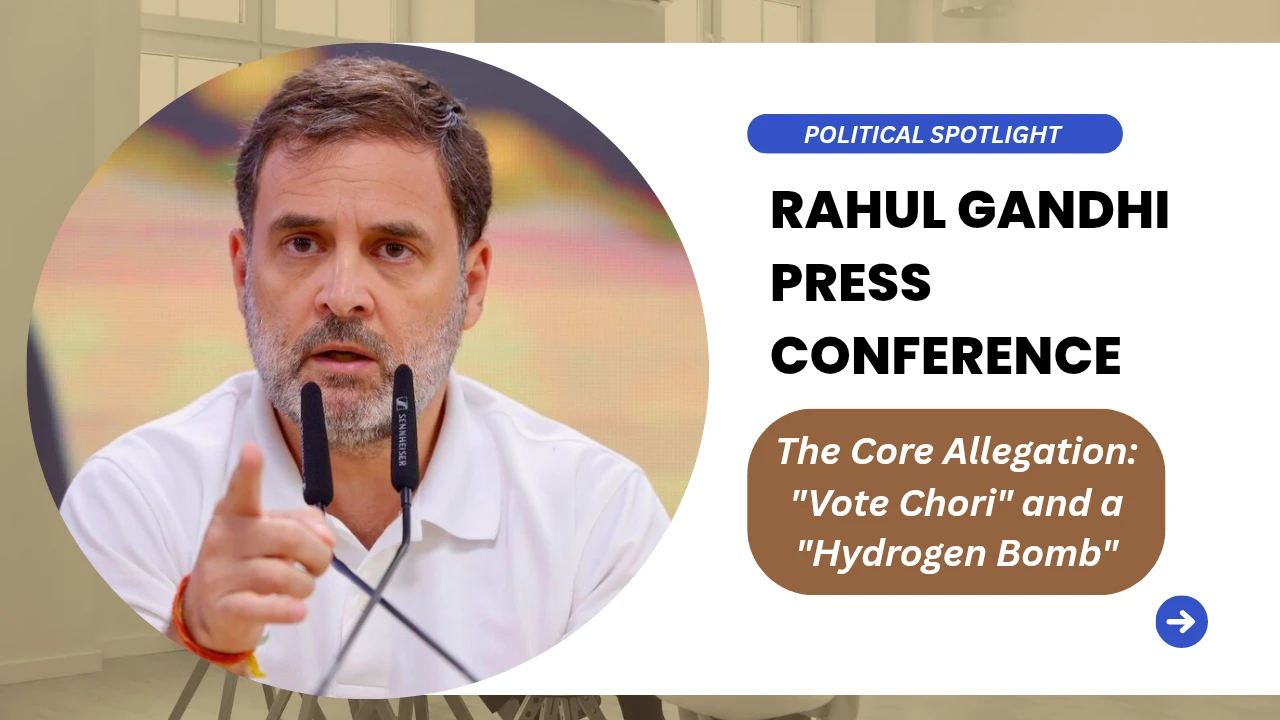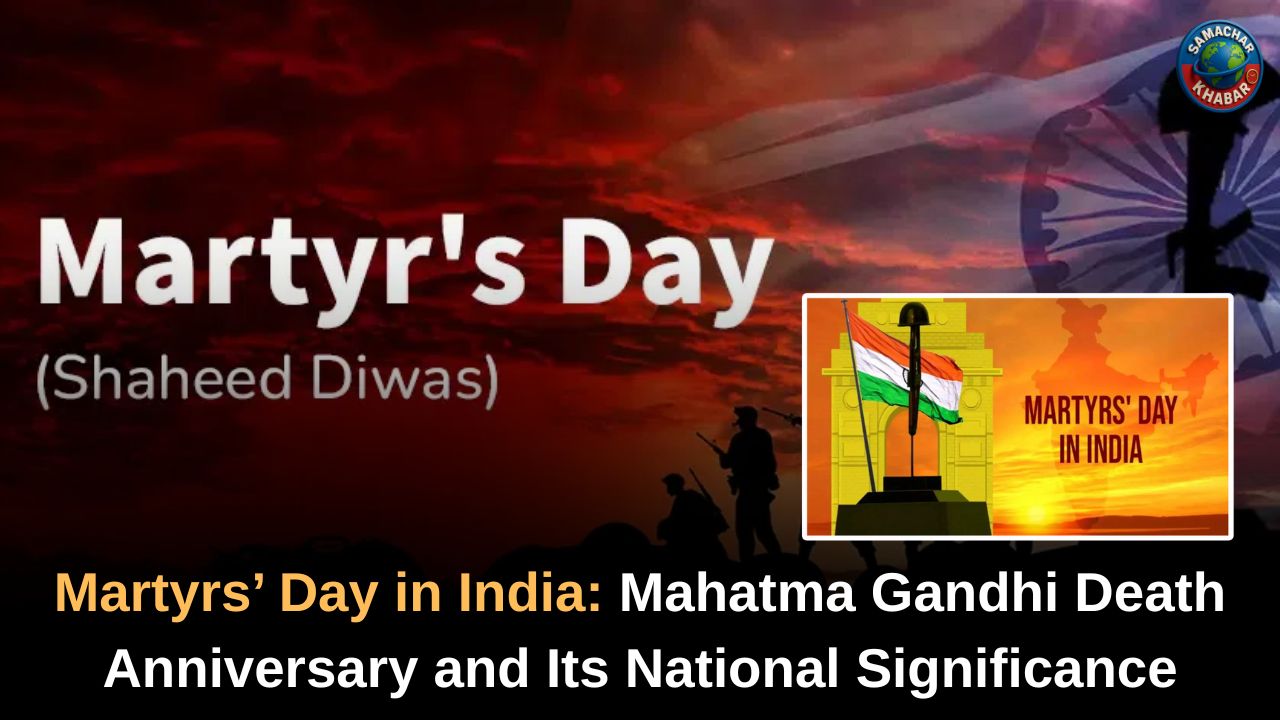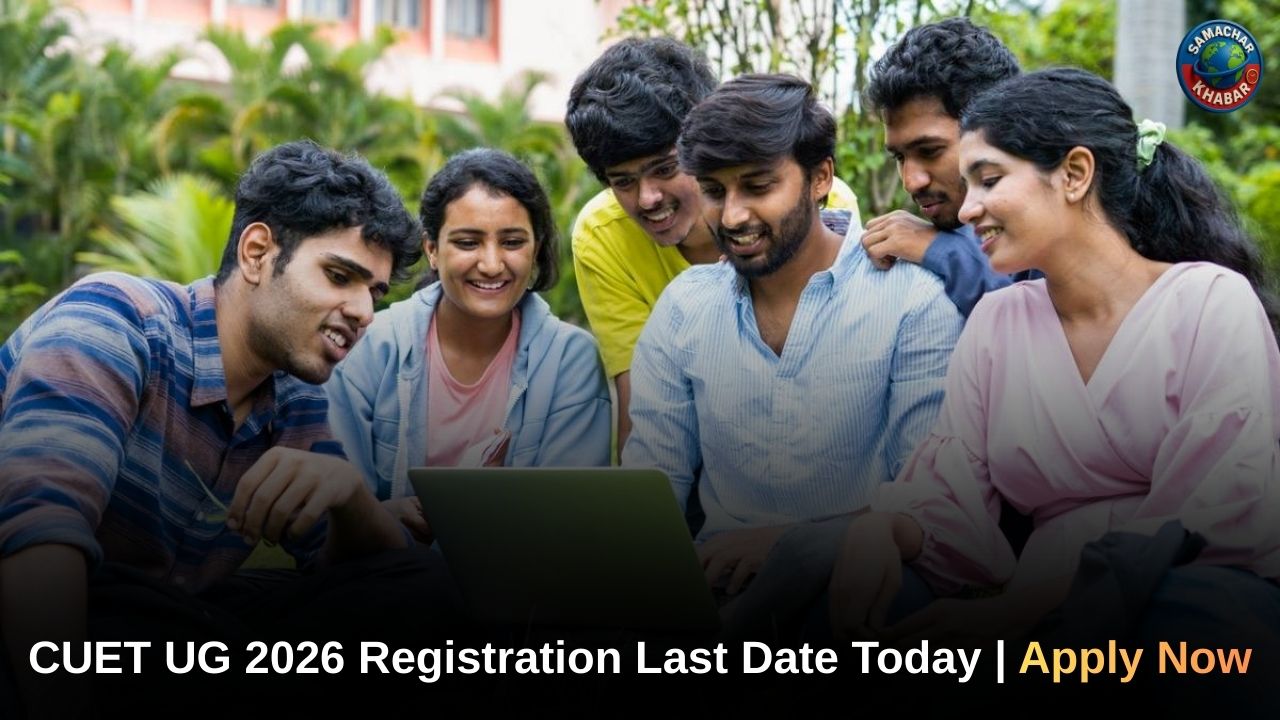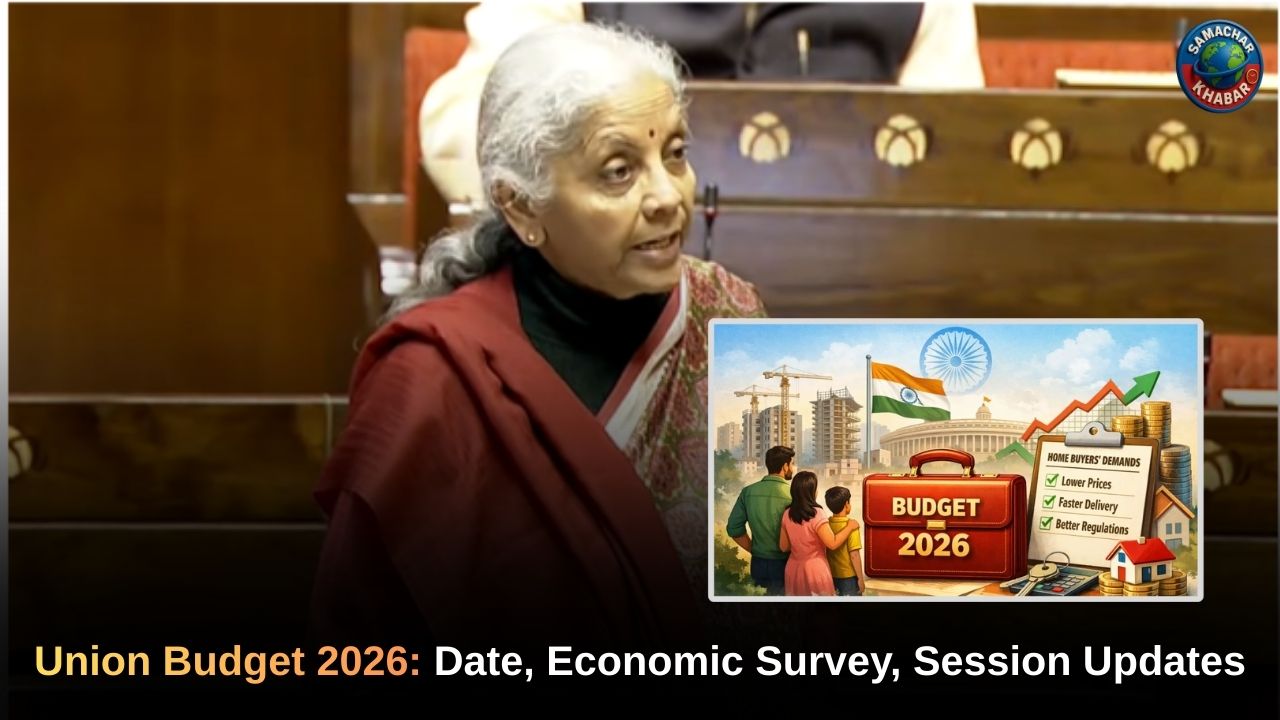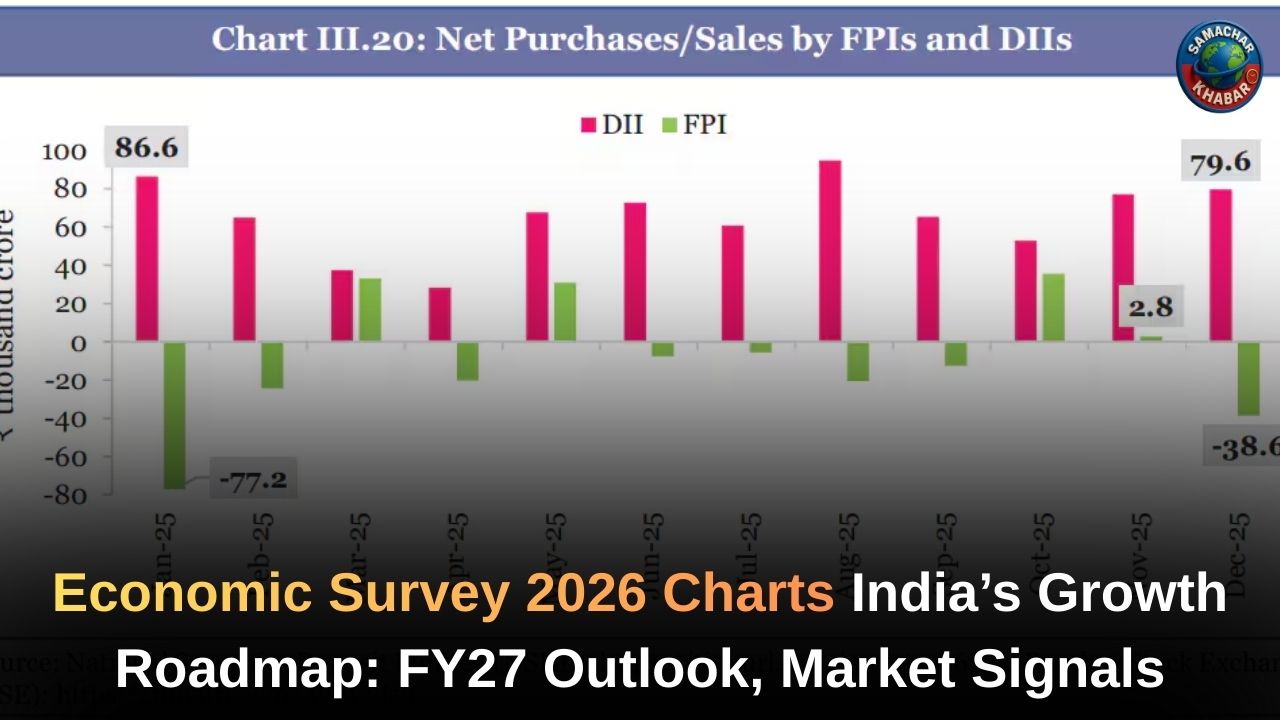Latest Press Conference by Rahul Gandhi: In the dynamic and often-tempestuous world of Indian politics, a press conference by a prominent leader is never just a routine media briefing. It is a strategic event, a carefully choreographed performance designed to seize the narrative, challenge opponents, and rally supporters. In recent times, few have mastered this art quite like Rahul Gandhi. His press conferences have become a focal point of national debate, generating both widespread attention and fierce criticism.
The latest Rahul Gandhi press conference was no different. It was a high-stakes event where he leveled serious accusations, presented what he called “evidence,” and challenged the very credibility of a major constitutional body. For political observers, journalists, and the general public, it was an event that demanded close attention. This blog post offers an in-depth analysis of the press conference, exploring its key themes, the political reactions, and what it means for the future of Indian democracy.
The Core Allegation: “Vote Chori” and a “Hydrogen Bomb”
The central theme of the latest Rahul Gandhi press conference was his explosive claim of “vote chori,” or the systematic theft of votes. This narrative, which he has been building for some time, reached a new crescendo as he promised to drop a “hydrogen bomb” of evidence. While the term “hydrogen bomb” was a powerful rhetorical device, the actual content of the press conference focused on specific, data-driven allegations.
Gandhi alleged that a centralized, software-driven fraud was being used to target and delete the names of voters, particularly those belonging to Dalit, Adivasi, OBC, and minority communities, who he claimed are traditionally supporters of the opposition. His primary example was the Aland constituency in Karnataka, where he claimed over 6,000 votes were illegally deleted using forged applications.
He presented a detailed case, complete with graphs and screenshots, showing how applications for voter deletion were allegedly filed using mobile numbers and IP addresses from outside Karnataka. He further claimed that despite the Karnataka CID writing 18 letters to the Election Commission of India (ECI) seeking technical data to investigate this fraud, the ECI has repeatedly failed to cooperate. This non-cooperation, he argued, made the ECI “complicit in the murder of the Constitution.”
The Communication Style: A New, Aggressive Approach
For a long time, Rahul Gandhi’s public image was often perceived as hesitant and lacking in aggression. However, his recent press conferences signal a significant shift. He now appears more direct, assertive, and combative. His use of strong, evocative language—like “vote chori” and “hydrogen bomb”—is a deliberate strategy to cut through the noise and grab headlines.
Here are some key elements of his communication style:
- Data-Driven Arguments: Instead of broad, generic statements, he is now presenting specific examples and data points. This gives his allegations a veneer of credibility and makes them harder to dismiss out of hand.
- Direct Confrontation: He is directly naming individuals and institutions, such as Chief Election Commissioner Gyanesh Kumar, and challenging them to respond. This puts his opponents on the defensive.
- Theatricality: The use of props, like a large screen for his presentation, and dramatic turns of phrase, makes his press conferences more compelling and shareable on social media.
This new approach seems aimed at portraying him as a fearless leader of the opposition who is not afraid to take on the most powerful institutions and people in the country.
The Political Fallout and Reactions
The repercussions of the Rahul Gandhi press conference were immediate and widespread. The ruling Bharatiya Janata Party (BJP) swiftly countered his claims, calling them “baseless” and “incorrect.” Senior BJP leaders like Anurag Thakur accused Gandhi of trying to destabilize the country and weaken democratic institutions. They pointed out that Gandhi’s allegations were aimed at creating a “Nepal-like situation” of unrest and casting doubt on the democratic process.
Also Read: Stop Vote Chori: लोकतंत्र की रक्षा के लिए राहुल गांधी और विपक्ष का महाअभियान
The ECI, the target of his accusations, also released a statement dismissing his claims. They asserted that no voter can be deleted online without due process and the opportunity for the affected person to be heard. They also highlighted that Gandhi had not submitted his formal charges under oath, a step they had previously requested.
The broader political landscape reacted in predictable ways:
- Opposition Unity: The Aam Aadmi Party (AAP) also came forward with similar claims of voter deletion in Delhi, showing a potential for a united opposition front on this issue.
- Media and Public Debate: The press conference ignited a fierce debate on news channels and social media. Supporters hailed it as a brave exposé, while critics dismissed it as a desperate attempt to explain electoral losses.
The Broader Implications for Indian Democracy
Beyond the immediate political slugfest, this Rahul Gandhi press conference raises crucial questions about the health of India’s democratic institutions. The credibility of the ECI is fundamental to a free and fair electoral process. When the leader of the opposition publicly questions its integrity, it can have a corrosive effect on public trust.
According to a study by the Center for the Study of Developing Societies (CSDS), a significant percentage of voters in India, especially from marginalized communities, already feel disenfranchised or believe the electoral system is not entirely fair. While such a sentiment is not new, a high-profile accusation from a mainstream political leader can amplify these concerns.
It is imperative for both sides to engage in a transparent, factual debate.
The ECI must provide a detailed and convincing rebuttal, while Gandhi’s team needs to continue presenting verifiable evidence to support their claims. The conversation cannot be just about political point-scoring; it must be about ensuring the sanctity of the electoral roll and the integrity of the voting process.
The latest Rahul Gandhi press conference was more than just a media event; it was a strategic escalation in the political battle for public trust. By shifting his communication style and focusing on specific, data-driven allegations, he has successfully steered the national conversation toward an issue he sees as a core vulnerability of the current establishment.
Whether his claims are ultimately proven or dismissed, the press conference has set a new benchmark for political discourse in India.
It highlights a growing trend of leaders using detailed presentations and social media-friendly rhetoric to make their case directly to the public. The onus is now on the ECI to restore confidence and for the public to critically evaluate the evidence from all sides.


